|
As I write this, I received my first Covid vaccination an hour ago at a huge makeshift vaccination centre in Hastings. It seems like the beginning of the end of one long and winding road. It’s no secret that the Pandemic has had a huge effect on my life - like a kind of slow burning rocket going off. I’ve been plunged into exploring my inner world, delving deep into my personal buried trauma, but also reflecting on the collective pain of my country of birth and my familial ancestry. My Mum and I got into genealogy over recent months and uncovered a world of complex and meandering family life; one that’s been hoarding secrets of illegitimate children, religious conversions, ships to America and even a silver medal presented by the King of Sweden. It turns out that I am in equal measure Protestant Scots Irish, English and Catholic Irish. My Great Great Grandfather and Mother converted to Protestantism because they had a child out of wedlock and we believe that their only option was to be married by the Protestant church. My Great Grandmother (the one who married said child out of wedlock) also hailed from a Roman Catholic family – again converting to Protestantism to marry my Great Grandfather who was only Protestant by accident of birth. All this information confirms my long held belief that it’s preposterous to label anyone, and the labels are often useless, stifling constructs. The nature of life is nuanced and complex. People migrate, mix, mingle, love and birth new life in an unruly and uncontrollable fashion. No-one is fully anything and the world belongs to all of us. In reality there are no countries, no religions, no customs or faiths. There is only the ribbon of breath that we draw in and out of our chest each moment. Contemplating my Great Grandmother and Great Great Grandmother, the decisions they faced and the hardships they endured, has made me feel deeply connected to my place in an intertwined history. This has led me to reflect on women across Northern Ireland as a whole. I’ve felt able to reclaim Catholic heroes like Mairead Maguire, who has worked tirelessly for peace over the decades, awarded the Nobel Peace Prize in 1976. For years, I felt that Mairead didn’t stand for people like me – that by being labelled a Protestant I automatically fell on the ‘other side’ to her, whether I wanted to or not. That if she was speaking out, it was not speaking out for me. It feels deeply cathartic to reclaim all of my deeply Irish ancestry and the depth of that experience; from conflict and colonialism to poetry and pain. I am no longer separated from the myriad of influences that shaped me. I made ‘Reclaiming Mairead’ as part of a series of Stitch For Change sessions facilitated in tandem with Chilean artist Jimena Pardo, hosted by The Refugee Buddy Project in Hastings. We worked for four weeks in the run up to International Women’s Day helping women to make small banners and bandanas (panuelos) as worn by Latin American feminists, using reclaimed textiles from our everyday life. As always, Jimena taught me so much about identifying a colonialist past through texts such as Paulo Freire’s ‘Pedagogy of the Oppressed’. I realise with a releasing awareness that the Troubles were not so much of a Protestant and Catholic issue as a deeply Patriarchal Colonialist issue. I’ve always loved the textiles of everyday life; from bandages and bedding to doilies and dishcloths. I adore the patina like surface that results from years of use and washing, perhaps because it draws me back to an almost nostalgic remembering of the grim and grey stained life we led on the Atlantic coast. I come from a long line of textile workers; my Great Grandparents and many of their children were involved in the linen industry, weaving cloth at Gribbons factory in Coleraine. My Nana was a dexterous seamstress, taking in jobs from her local community such as making curtains and adjusting hems – the stitching of everyday life. I remember being in awe of two particularly colourful bridesmaids dresses she made for my aunt’s wedding, saddened that I was not destined to wear either. It felt apt that Reclaiming Mairead started life as a much used, washed and stained tea towel from my own kitchen. I felt a loss at the lack of a radical feminist movement in Northern Ireland, but stumbled across the story of the Women’s Coalition in the documentary Wave Goodbye to Dinosaurs, a story that I had shamefully known nothing about until recently. I don’t ever remember women being any part of the political performances, but felt a thrill of hope when I heard about the coming together of women from across the divide. They successfully formed a political party in the space of six weeks and garnered enough votes to ensure that Monica McWilliams and Pearl Sagar were seated at the Peace Talks in 1996 – the only women sitting with 106 men.
Of course they did I mused, because women in Northern Ireland have been quietly organising peacefully and successfully in their communities and families throughout the decades of the Troubles. Keeping their children educated and out of trouble, forming bonds via women-led cross community projects, and generally being the much needed glue of family life. Because that’s just what women do.
0 Comments
|
AuthorAbout Northern Ireland; conflict, walls & resolution Archives
October 2023
Categories |
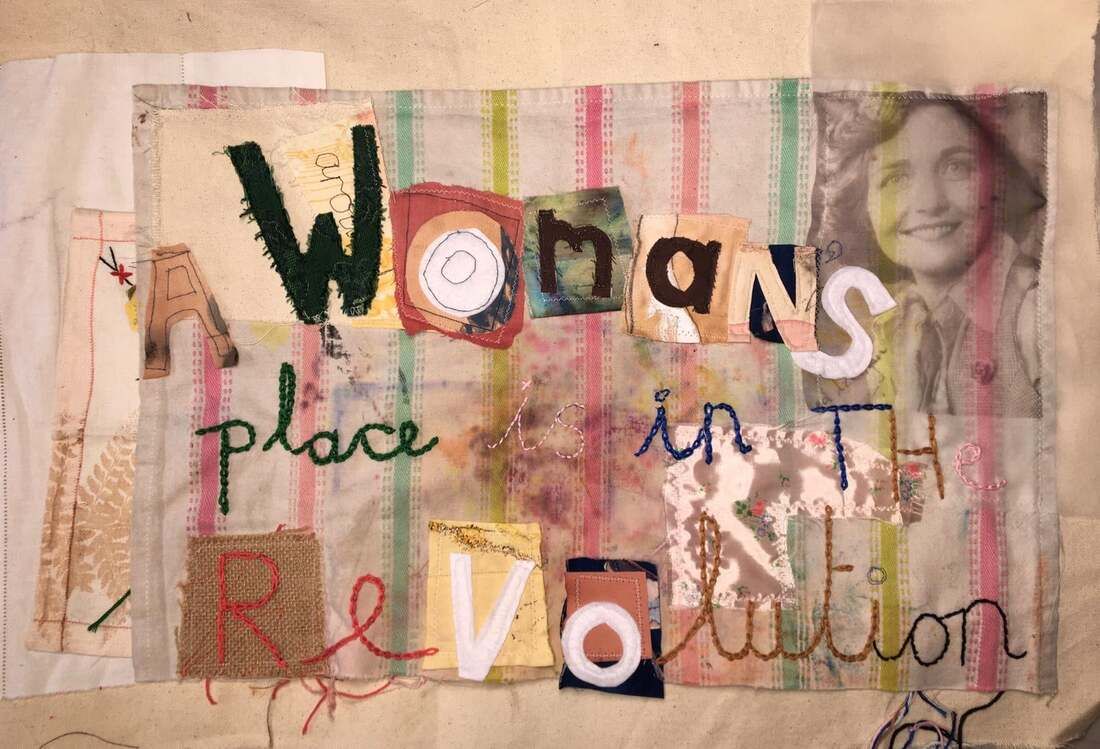
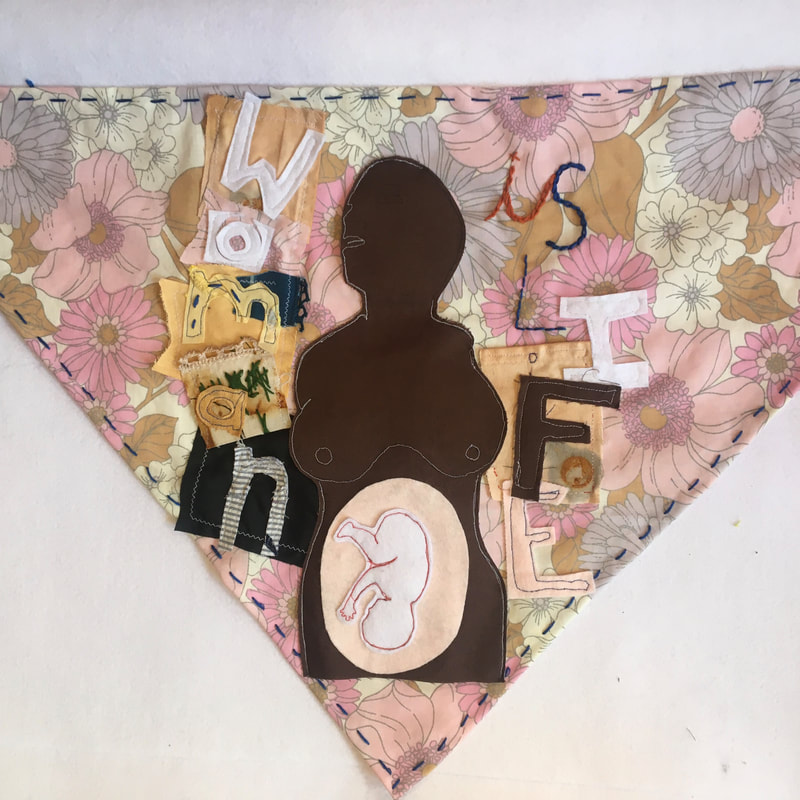
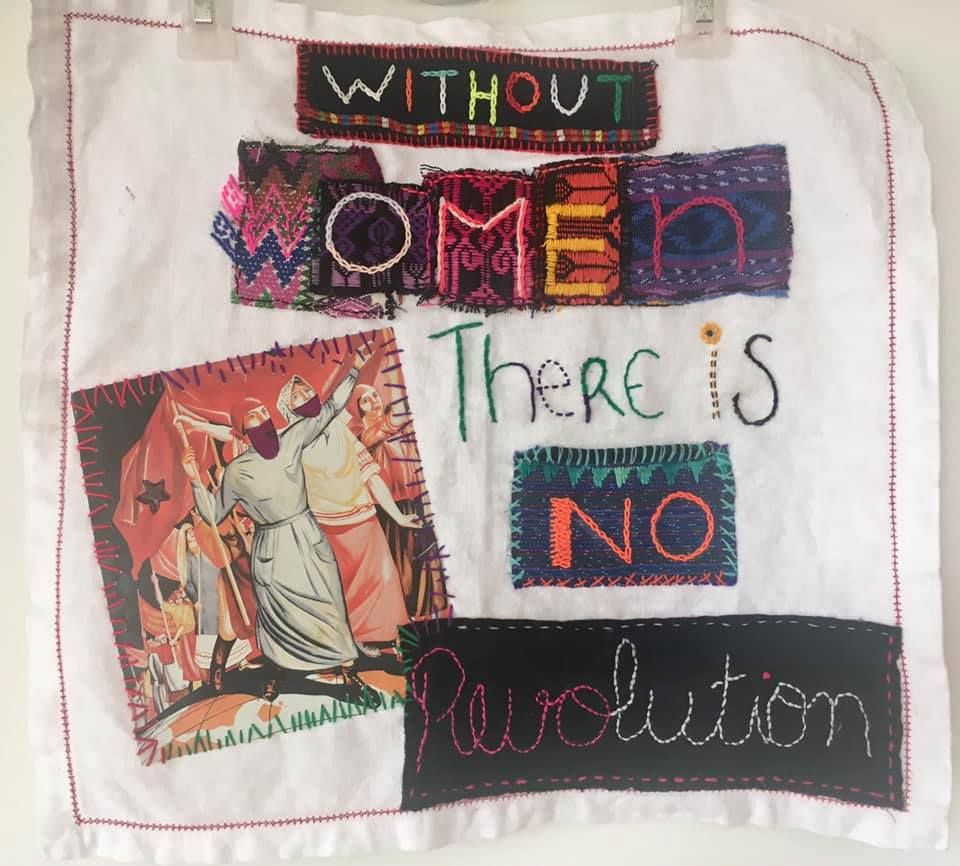
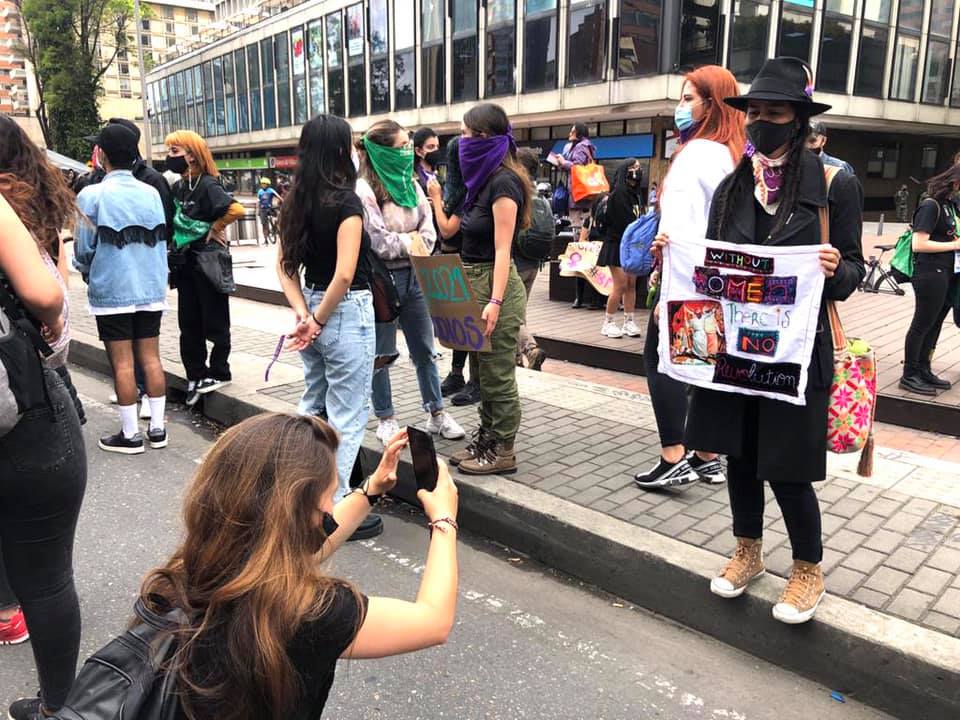
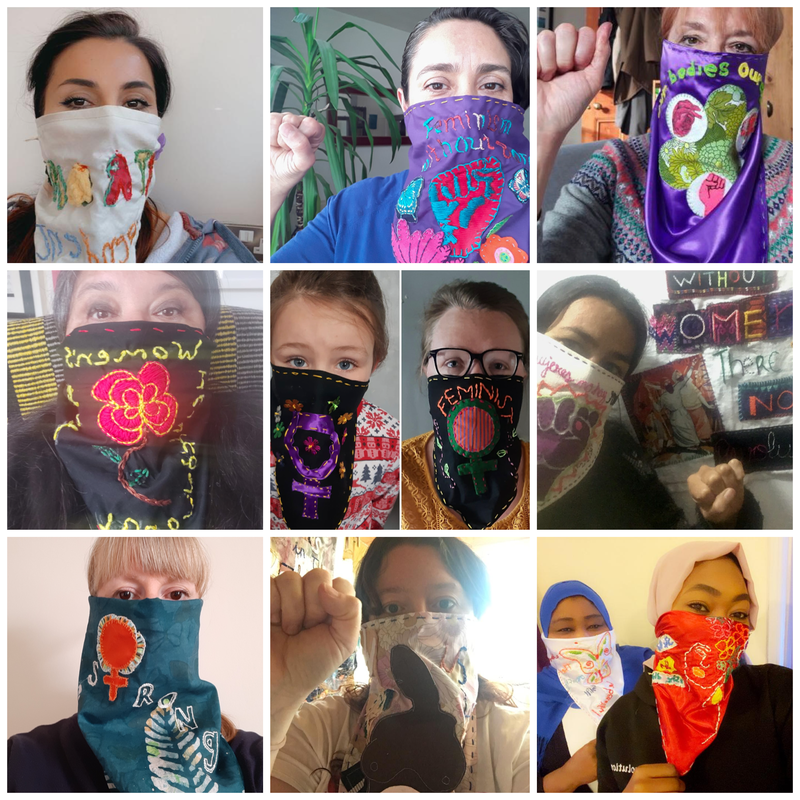
 RSS Feed
RSS Feed